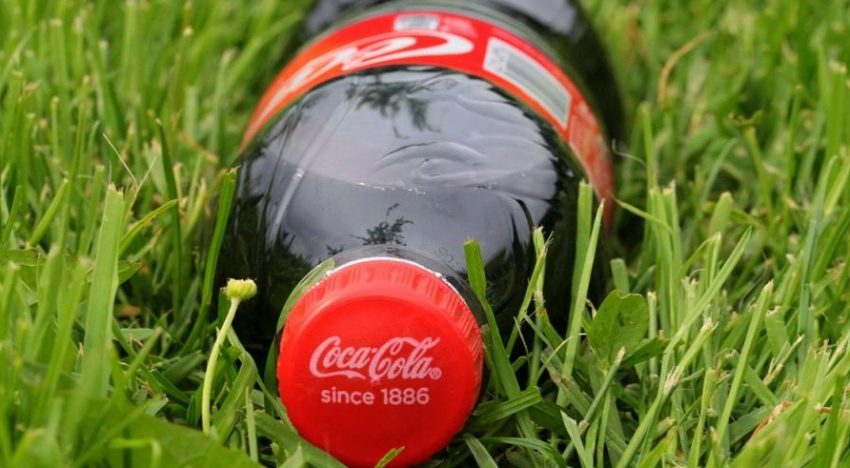The Coca-Cola Co has emerged as the No.1 global plastic polluter for the second consecutive year, according to a report on the top 10 plastic polluting companies in the world. The beverages brand was followed by Nestlé SA and PepsiCo In.
Break Free From Plastic, a global movement against plastic, organised 484 cleanups and brand audits in 51 countries spanning six continents. It collected 476,423 pieces of plastic waste, claimed the report Branded Volume II: Identifying the World’s Top Corporate Plastic Polluters.
Coke-branded plastic pollution emerged highest with 11,732 pieces of waste from 37 countries spanning across four continents. In 2018, the beverages brand had accounted for 9,216 pieces of plastic waste from 40 countries.
The number of plastic waste recorded by was more than the next three top global plastic polluters combined, the report said.
While plastic waste from Pepsi Co decrease Coca-Cola to 3,362 in 2019 from 5,750 in 2018, waste from Nestlé, on the other hand, increased to 4,846 in 2019 from 2,950 in 2018.
“It will be impossible for the world to reduce plastic pollution without these brands making major changes to how they deliver their products. The time of relying on single-use packaging is over,” stated the report.
Companies with well known brands such as Mondelēz International In, Unilever Plc, Mars Incorporated, Procter & Gamble Company, Colgate-Palmolive Company, Phillip Morris International Inc, and Perfetti Van Melle Group BV were identifed as the other top plastic polluters.
India accounted for 2,066 pieces of plastic waste. SS Food Products (218) emerged the highest polluter in the country, followed by PepsiCo (120) and Britannia (110), while 515 pieces of waste were in the unbranded category, the report showed. The country is set to phase-out single-use plastics by 2022.
The most common types of plastic found was in the miscellaneous category, which includes polycarbonate, polylactide, acrylic, acrylonitrile butadiene, styrene, fiberglass, and nylon (285,254). It was followed by Polyethylene terephthalate, or PET (117,724).
Plastic bags (59,168), sachets (53,369), and plastic bottles (29,142) were the top three most common plastic items.
“This report provides more evidence that corporations urgently need to do more to address the plastic pollution crisis they’ve created. Their continued reliance on single-use plastic packaging translates to pumping more throwaway plastic into the environment. Recycling is not going to solve this problem,” said Von Hernandez, global coordinator of the Break Free From Plastic movement.
The movement has urged corporations to cut down their production of single-use plastic and find innovative solutions that do not create pollution.
Moreover, the worst polluters — Coca-Cola, Nestlé, and PepsiCo — offered mostly false solutions to the plastics crisis, according to a Greenpeace report.
“Recent commitments by corporations like Coca-Cola, Nestlé, and PepsiCo to address the crisis unfortunately continue to rely on false solutions like replacing plastic with paper or bioplastics and relying more heavily on a broken global recycling system,” said Abigail Aguilar, Greenpeace Southeast Asia plastic campaign coordinator.
“These strategies largely protect the outdated throwaway business model that caused the plastic pollution crisis, and will do nothing to prevent these brands from being named the top polluters again in the future,” said Abigail Aguilar, Greenpeace Southeast Asia plastic campaign coordinator,” Aguilar added.




